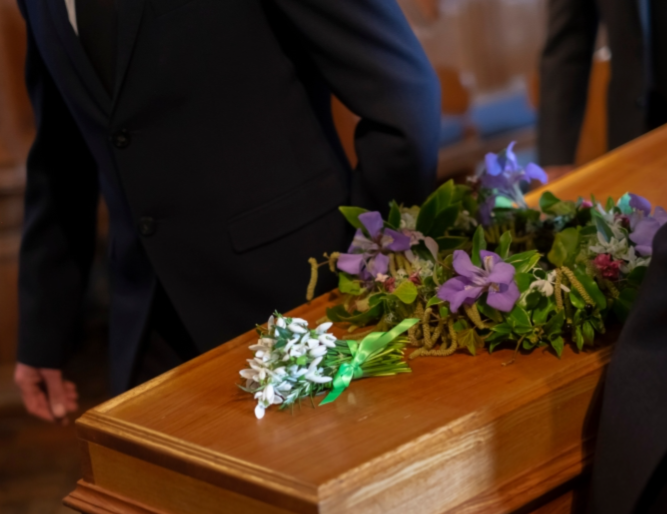Funeral directors Campbelltown play a pivotal role in one of the most sensitive times in a person’s life: the loss of a loved one. Their work often goes unnoticed, but it is integral to ensuring that the departed are honoured in a manner befitting their life and legacy. The journey from the moment of death to the final resting place is filled with emotional and logistical challenges, and funeral directors are the professionals who navigate these complexities with grace and compassion.
Understanding the Role of Funeral Directors
A funeral director’s job is multifaceted, encompassing everything from logistical arrangements to providing emotional support for the grieving family. They act as event planners, grief counsellors, and logistical coordinators all rolled into one. Their responsibilities begin the moment they are called upon to assist in the aftermath of a death and continue until the final burial or cremation, and sometimes even beyond.
Logistical Coordination: The logistical aspect of a funeral can be overwhelming for a grieving family. Funeral directors step in to handle all the details, including the transportation of the body, coordination with cemeteries or crematories, and organising the funeral service. They are well-versed in local regulations and can guide families through the paperwork and legal requirements that accompany a death.
Personalisation of Services: Funeral directors work closely with families to personalise the service, ensuring it reflects the life and values of the deceased. This might include selecting music, readings, and rituals that are meaningful to the family, as well as arranging for special touches like a particular type of floral arrangement or a memory table filled with mementos. Their goal is to create a service that is as unique as the individual being honoured.
Compassionate Support in Times of Grief
Beyond the logistical tasks, funeral directors provide much-needed emotional support. They are often the first point of contact for families after a death and are trained to handle these interactions with empathy and sensitivity. Their presence offers comfort, as they reassure families that the necessary arrangements are being taken care of, allowing them to focus on their grief and the memories of their loved one.
Grief Counselling: While not licensed therapists, funeral directors often provide initial grief counselling or can refer families to professional grief counsellors. They understand the stages of grief and can offer words of comfort and advice on how to navigate the difficult days ahead.
Helping Families Make Informed Decisions: In a time of loss, decision-making can be challenging. Funeral directors assist families in making informed choices about the services they want, whether it’s deciding between burial or cremation, selecting a casket or urn, or choosing whether to have a traditional or non-traditional service. They explain the costs involved, helping families to select options that are within their budget while still being meaningful.
A Respectful Approach to Cultural and Religious Practices
One of the most important aspects of a funeral director’s job is to respect and honour the cultural and religious practices of the deceased and their family. Funeral directors are knowledgeable about various traditions and rituals, whether it’s a Christian service, a Jewish burial, a Hindu cremation, or any other religious or cultural practice.
In multicultural societies, funeral directors must be culturally sensitive and adaptable. They are often required to learn about and accommodate a wide range of customs, making them integral to ensuring that the deceased is honoured according to their beliefs and traditions.
Summing up, funeral directors in Campbelltown work tirelessly behind the scenes, ensuring that every aspect of a funeral service is handled with the utmost care and respect. Their role is crucial in providing a fitting farewell, allowing families to honour their loved ones in a way that truly reflects their life and legacy.
